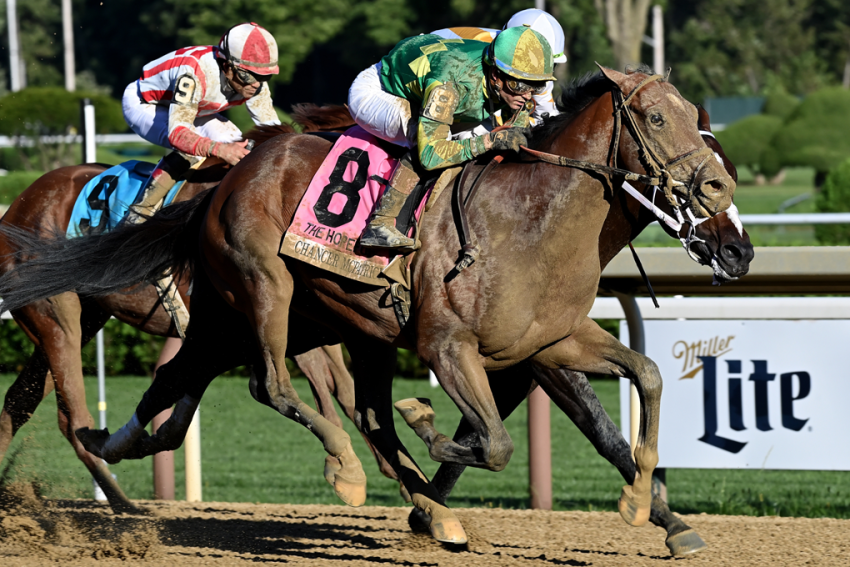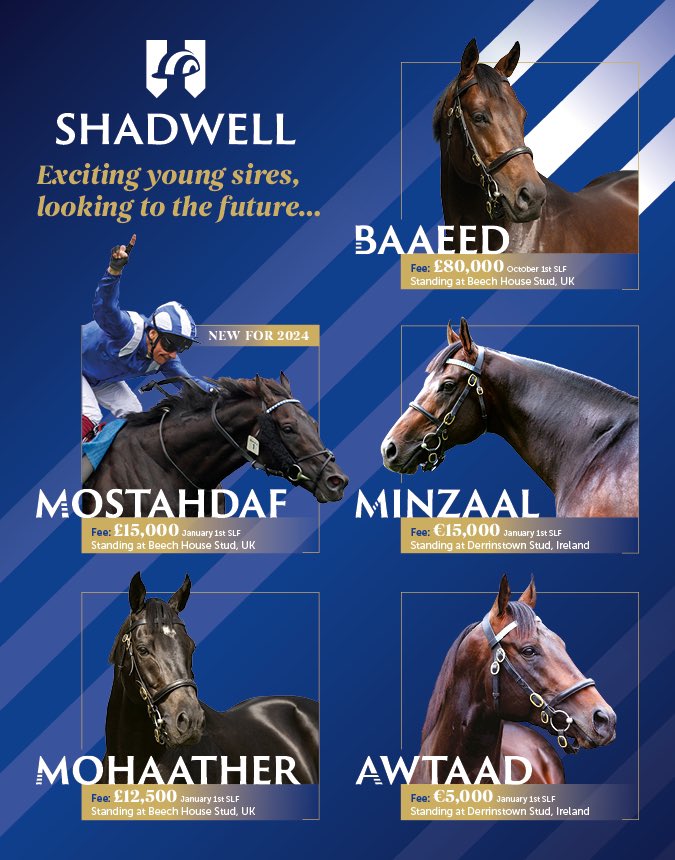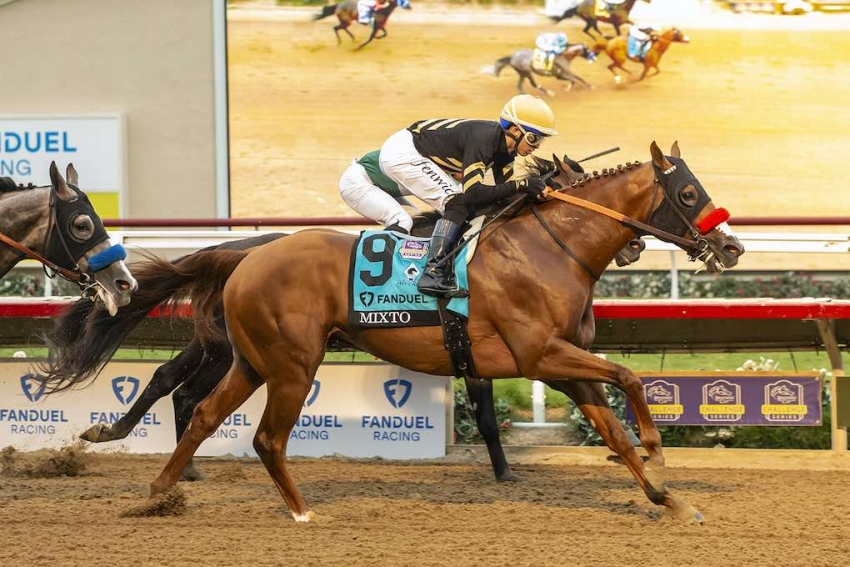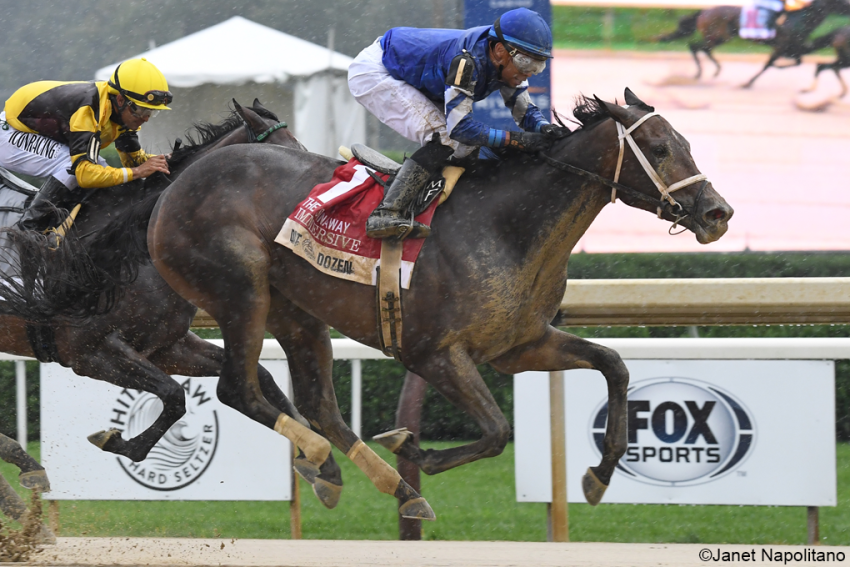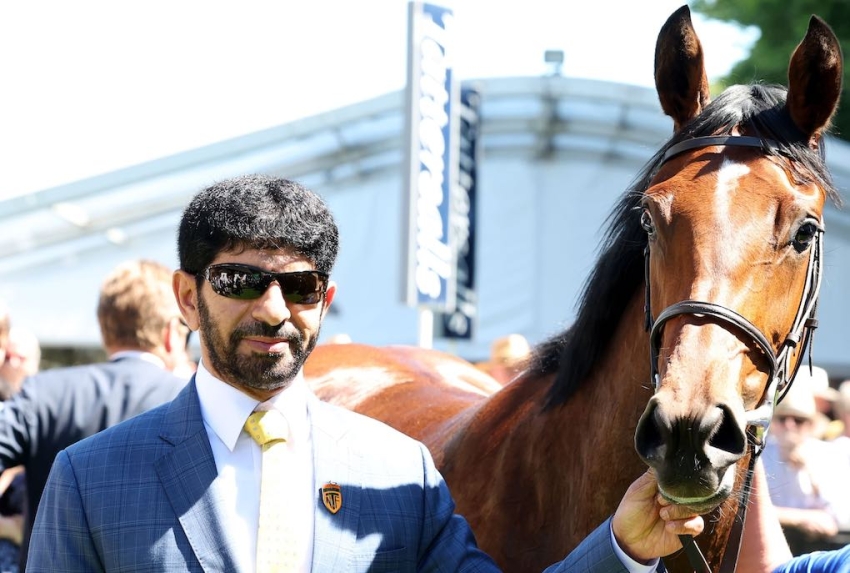Howard Wright -
Even setting aside the celebrations of part-owners who included legendary former Manchester United manager Sir Alex Ferguson, the most satisfactory result for Gulf horseracing professionals and administrators at the Saudi Cup meeting in Riyadh on Saturday was the success of Spirit Dancer. Produced with precision by young Irish jockey Oisin Orr to land the Howden Neom Turf Cup, Spirit Dancer was winning his second race within three months in two different Gulf countries. And, even more significantly, he had been based and run in a third in the meantime, in the United Arab Emirates. Having run fourth at Newmarket in the middle of October, Spirit Dancer was set aside by Yorkshire-based trainer Richard Fahey for a Middle East campaign that brought victory in the Bahrain International Trophy in mid-November. A 70-day break from racing took the now-seven-year-old to Meydan, where he probably needed the run and finished fourth in the Group 1 Jebel Hatta, before he shipped off to Saudi for an even bigger target. Spirit Dancer’s was one of several stirring finishes on the card, not least those that brought narrow success to Annaf in the Turf Sprint and Senor Buscador in the Saudi Cup itself, but the Neom Turf Cup represented a triumph of co-operation for the whole Gulf region. Not so long ago, conditions for traveling horses between the UAE, Qatar and Bahrain to and from Saudi would have been so arduous as to be largely unthinkable. The occasional runner from Saudi ventured to the UAE for the World Cup meeting but journeys in the reverse direction were virtually non-existent.
Then, five years ago, came the Saudi Cup meeting, and if the fixture was to begin having international relevance, especially in its own region, things had to change. They did and Saturday’s experience was the proof that movement of horses has been eased enormously. Starting on Friday with a couple of Arabians from the Royal Stables in Al Ain run by Helal Alalawi and one from Qatar trained by Jean de Mieulle, there were a total of 17 scheduled contenders over the two days from the UAE, Qatar and Bahrain, with the bold Fawzi Nass making dual representation from Bahrain and the UAE. One failed to make it on the day, but each country made its mark in win and place prize-money.
Jean de Mieulle’s uncle Alban landed a first prize worth $300,000 with King Shalaa and a third worth $50,000 with Silawi, both for Wathnan Racing, and Bahrain’s perennial champion trainer Allan Smith took a third prize worth $200,000 with Byline. However, while pickings for the UAE’s four-string thoroughbred team were relatively slim, the biggest pot did go to Doug Watson’s bold attempt with Isolate in the Saudi Cup. He collected $600,000 for sixth place, having tracked the leaders for a long way before, in the words of jockey Joel Rosario, “he got a little tired in the end.” Just as important for the future, Watson’s experience of travelling Isolate will be a marker for his fellow professionals. “Everything went smoothly,” he said. “He had a two-hour flight and was out in the quarantine exercise facility 12 hours later, and then three days of light exercise. I couldn’t fault the arrangements.” One of those responsible for drawing up the protocols behind those arrangements is a name familiar to UAE racing followers. Dr David Sykes, a member of the Dubai Racing Club’s quarantine team for two years before becoming the ERA’s regulatory veterinary steward from 2010-17, has been advising the Jockey Club of Saudi Arabia as part of his more recent advisory tie-up with the consultancy firm Global Venue Services. Sykes’ expertise and this year’s experiences will go a long way to opening the Gulf borders into Saudi even further in 2025.



--©MasakazuTakahashi.jpg)


